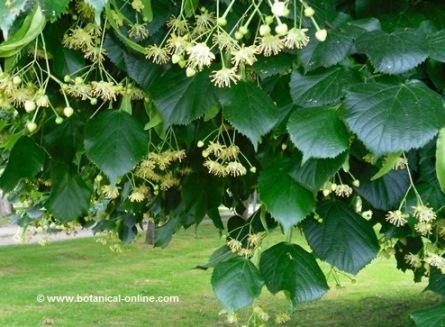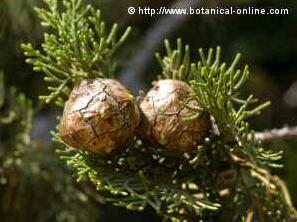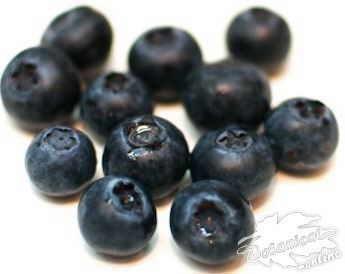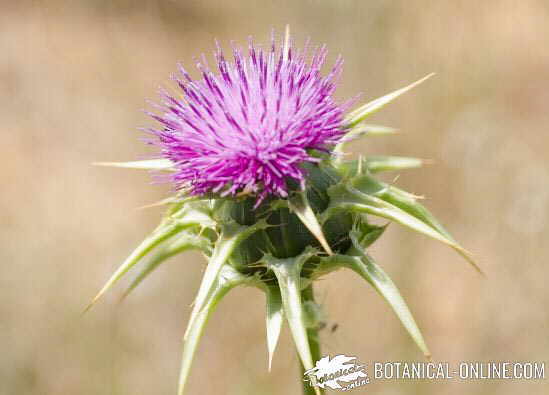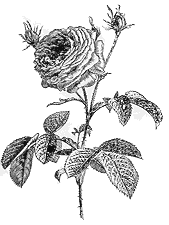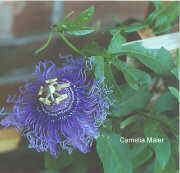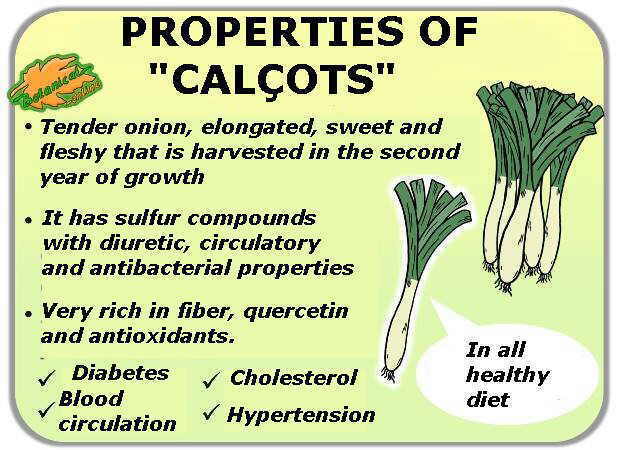Contents
Nutritional advantages of eating Brussels sprouts
What are Brussels sprouts?
Brussels sprouts (Brassica oleracea var. Gemmifera) are vegetables.
They have a round shape, which is formed by several layers of dark green leaves.
They are quite small (like a ping-pong ball), and are eaten whole with the leaves.
Their taste and odor is very intense.
What are the main nutrients of Brussels sprouts? Brussels sprouts composition
As an energy source, 100 grams of Brussels sprouts contribute with 43 kcal.
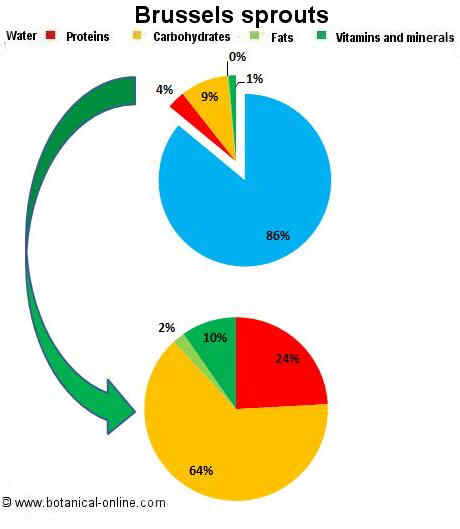
Their proportion of nutrients is divided into:
- More than 86% is water.
- 0.3%, fat.
- Around 3.38%, proteins.
- Almost 9%, carbohydrates.
- Nearly 4% of fiber.
Vitamins and minerals in Brussels sprouts
Brussels sprouts are rich in potassium, magnesium, phosphorus, calcium, iron. They also contain smaller amounts of zinc, manganese, selenium, copper and sodium.
They are rich in vitamin A, vitamin C and vitamin B9. They contain small amounts of other B vitamins and vitamin E.
Nutritional characteristics of Brussels sprouts
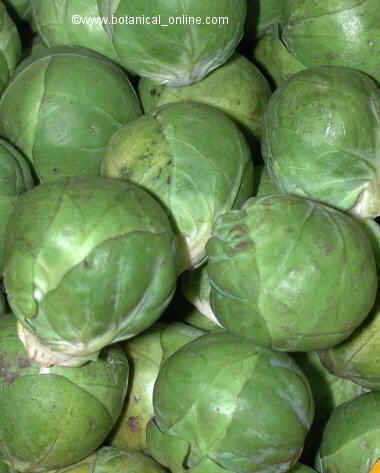
Photo of Brussels sprouts
- They have a good water content.
- They give us energy in the form of calories, which help us to maintain vitality.
- They contain little fat, although with a high quality and with many health benefits.
- They have high protein content.
- They have a high carbohydrate content.
- They have a high fiber content.
- They help to remove toxins from our body, because of potassium.
- They help maintain our brain function properly, because they contain phosphorus. In addition, together with calcium, they maintain the balance of the formation of strong bones.
- Because of their magnesium content, they help the contraction and relaxation of muscles.
- Because of their iron content, they help prevent anemia.
- Because of their content in B vitamins, particularly vitamin B9, they help us to grow properly.
- They protect the skin and help keep it healthy, because of vitamin A.
- They protect us from colds and help heal wounds, because they contain vitamin C.
- They protect us from the toxins and aging, because they contain vitamin A, vitamin C, vitamin E, selenium and zinc.
Brussels sprouts in the kitchen:
![]() More information about other foods and nutrition
More information about other foods and nutrition

